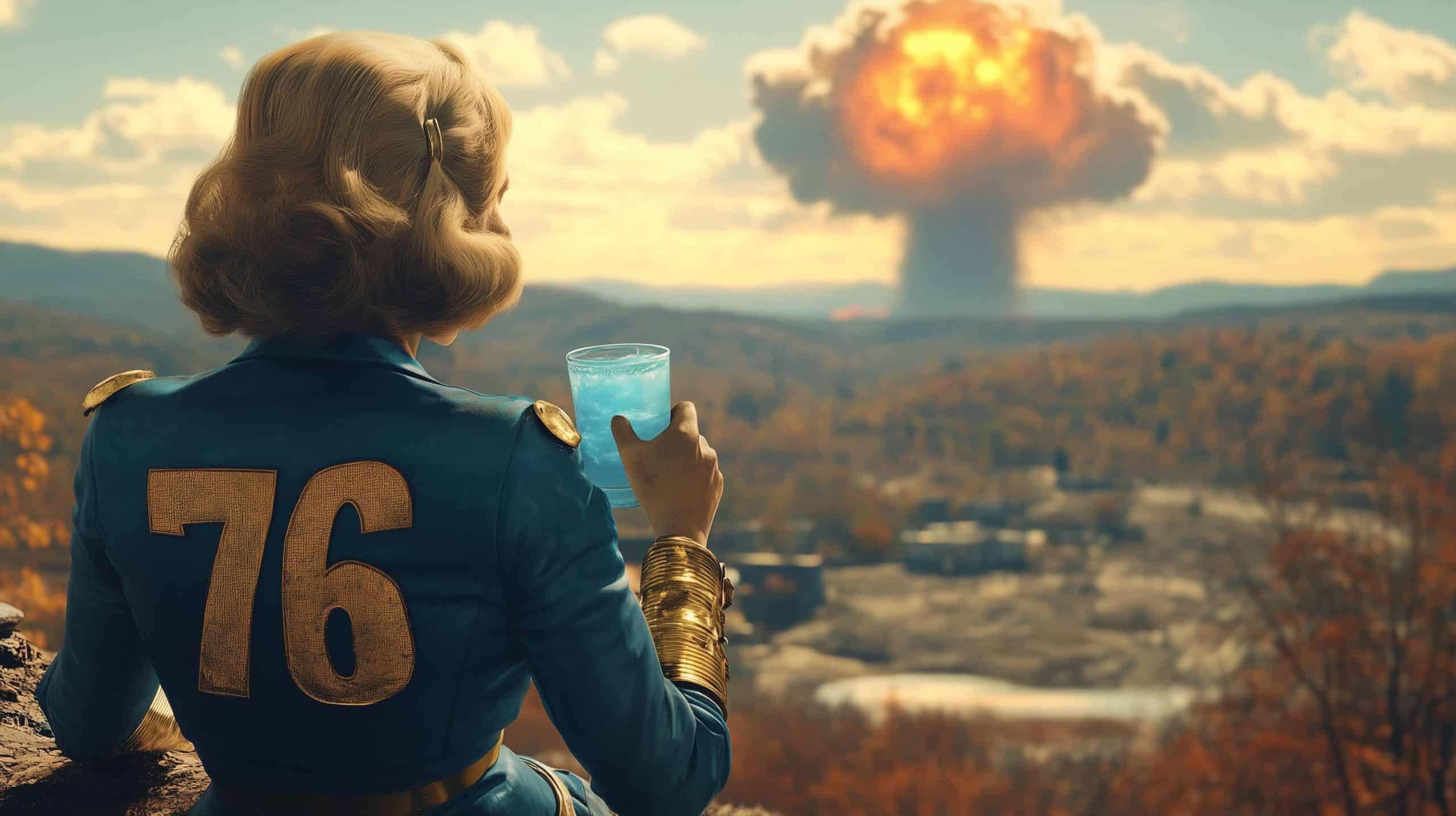Fallout in Film and Television: How the Iconic Series Was Adapted
The Fallout video game series is one of the most beloved franchises in gaming history, known for its retro-futuristic aesthetic, deep storytelling, and richly developed post-apocalyptic world. Ever since the first game launched in 1997, fans have speculated about whether Fallout could be successfully adapted into film or television. With its unique blend of humor, horror, and social commentary, the series presents both challenges and opportunities for adaptation. In this article, we explore how Fallout has been interpreted in film and television, and what the future holds for its on-screen presence.
The Appeal of Fallout for Film and TV
The world of Fallout is instantly recognizable: an alternate-history America shaped by mid-20th-century nuclear fears, where technology advanced without abandoning the aesthetic of the 1950s. The series is packed with iconic imagery, from Vault Boy’s cheerful grin to the rusting, radiation-soaked wastelands teeming with mutants and raiders.
However, what truly makes Fallout compelling is its storytelling. The games offer deep, branching narratives where player choices matter. Complex factions like the Brotherhood of Steel and the New California Republic provide moral ambiguity that transcends simple good-versus-evil tropes. This makes Fallout an exciting prospect for screen adaptations, as it provides both a rich setting and complex themes to explore.
Early Attempts at Fallout Adaptations
Despite the franchise’s popularity, there were few serious attempts to adapt Fallout into live-action during its early years. The game’s humor and dark satire made it difficult to translate into traditional Hollywood formulas. However, its influence can be seen in various post-apocalyptic films and shows, such as Mad Max: Fury Road (2015) and The Book of Eli (2010), which capture elements of Fallout’s brutal yet absurd world.
Bethesda, the company that took over Fallout’s development with Fallout 3 (2008), has been cautious with adapting the franchise. Unlike some other game developers who rushed to sell movie rights, Bethesda took a more measured approach, ensuring that any adaptation would remain true to Fallout’s tone and depth.
The Fallout TV Series by Amazon Prime
The biggest breakthrough for Fallout’s on-screen potential came in 2020 when Amazon Prime announced a live-action Fallout television series. Produced by Jonathan Nolan and Lisa Joy, the minds behind HBO’s Westworld, the series promised a faithful adaptation with high production values and a deep understanding of Fallout’s themes.
Details about the show have been closely guarded, but early promotional materials suggest that it will introduce new characters while staying true to the game’s lore. The involvement of Bethesda Game Studios ensures that the world-building and aesthetic will align with the games. Unlike some other video game adaptations that have struggled with tone or storytelling (Resident Evil and Assassin’s Creed come to mind), Fallout’s episodic nature and vast lore seem well-suited for television.
Why TV Works Better Than Film for Fallout
One of the key challenges of adapting Fallout is its sheer scope. Each game presents a sprawling open world, filled with dozens of factions, personal stories, and player-driven decisions. Attempting to condense this into a two-hour film would likely result in a shallow version of the Fallout experience. A television series, on the other hand, allows for a longer, more immersive storytelling approach.
TV also enables a more character-driven narrative, which is crucial for Fallout’s success. The games shine when they focus on personal survival stories amid the ruins of civilization. Whether it’s the Lone Wanderer in Fallout 3 searching for their father, or the Sole Survivor in Fallout 4 trying to find their kidnapped son, Fallout is at its best when it balances personal stakes with larger, world-altering conflicts.
Challenges of Adapting Fallout
While there is excitement around the Amazon Prime adaptation, there are also concerns. Video game adaptations have a checkered history, with many failing to capture the essence of their source material. One of the biggest risks with Fallout is missing the series’ unique tone—a mix of dark humor, bleak survival, and retro-futurism. If the show leans too heavily into one aspect while ignoring others, it may fail to resonate with fans.
Another challenge is the open-ended nature of Fallout’s storytelling. Unlike linear narratives in The Last of Us or God of War, Fallout’s world is player-driven. Translating this into a structured, scripted show will require careful writing to maintain Fallout’s spirit while delivering a cohesive story.
Other Fallout-Inspired Media
Even before the official Fallout series, elements of the franchise have appeared in pop culture. Fan-made short films and YouTube series like Fallout: Nuka Break (2011) showcased the potential of live-action adaptations. These projects, while unofficial, demonstrated that Fallout’s humor and setting could work outside of games.
Additionally, Fallout has inspired elements in mainstream TV. Shows like The Walking Dead and Black Mirror have explored post-apocalyptic themes and technological paranoia reminiscent of Fallout’s world. Even shows like Rick and Morty have made references to Vault-Tec-style corporate dystopias, indicating Fallout’s cultural impact beyond gaming.
The Future of Fallout in Film and Television
With Amazon’s adaptation on the horizon, the future looks bright for Fallout on screen. If successful, the show could open the door to further expansions—perhaps even an animated series, spin-off films, or additional live-action projects exploring different regions of the Fallout universe.
Much like The Witcher series helped redefine video game adaptations by respecting its source material, Fallout has the potential to set a new standard for game-based storytelling in TV. If the show can strike the right balance between action, satire, and world-building, it could become a landmark moment for both Fallout fans and the larger entertainment industry.
Conclusion
Fallout has always been a franchise that blends deep storytelling with satirical social commentary. Its world is rich with history, filled with morally complex characters and unforgettable locations. Adapting such a nuanced and player-driven experience into film or television is no easy task, but the upcoming Amazon series represents the best chance yet to bring Fallout to a wider audience.
If done right, this adaptation could be a defining moment in video game history, proving that the wasteland is just as compelling on screen as it is in our imaginations. Whether the series lives up to its potential remains to be seen, but one thing is certain—Fallout’s journey beyond video games has only just begun.




